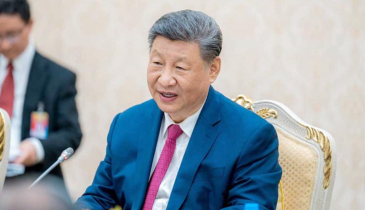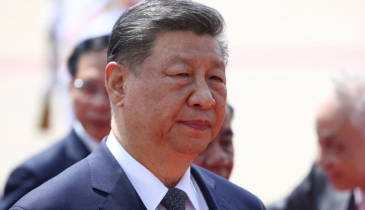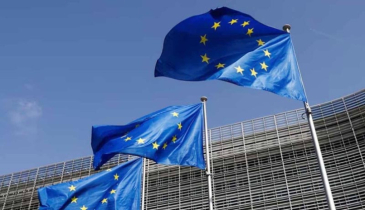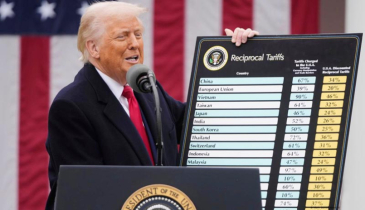How might a US-Saudi civil nuclear deal work?
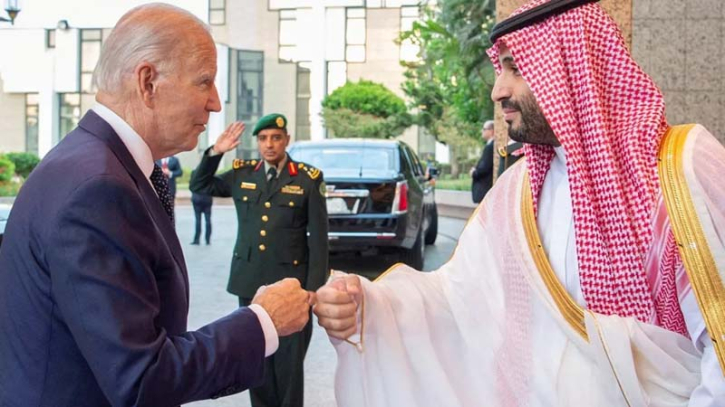
White House National Security Adviser Jake Sullivan will visit Saudi Arabia this weekend for talks expected to touch on a civil nuclear cooperation agreement, one piece of a wider arrangement Washington hopes will lead to normalisation of Israeli-Saudi relations.
Under Section 123 of the US Atomic Energy Act of 1954, the United States may negotiate agreements to engage in significant civil nuclear cooperation with other nations.
It specifies nine nonproliferation criteria those states must meet to keep them from using the technology to develop nuclear arms or transfer sensitive materials to others.The law stipulates congressional review of such pacts.
As the world's largest oil exporter, Saudi Arabia at first glance is not an obvious candidate for a nuclear pact typically aimed at building power plants to generate electricity.
There are two reasons Riyadh may wish to do so. The first is that under Crown Prince Mohammed bin Salman's ambitious Vision 2030 reform plan, the kingdom aims to generate substantial renewable energy and reduce emissions. At least some of this is expected to come from nuclear energy.
Critics cite a second potential reason: that Riyadh might wish to develop nuclear expertise in case it someday wishes to acquire nuclear weapons despite the safeguards enshrined in any deal with Washington to prevent this.
The Saudi crown prince has long said that if Iran developed a nuclear weapon, Saudi Arabia would follow suit, a stance that has fueled deep concern among arms control advocates and some US lawmakers over a possible US-Saudi civil nuclear deal.
The Sunni Muslim kingdom and Shi'ite revolutionary Iran have been at odds for decades.
The Biden administration has made no secret of its hope to broker a long-shot, multi-part arrangement leading Saudi Arabia and Israel to normalise relations. It believes Saudi support for normalisation may hinge partly on striking a civil nuclear deal.
The strategic benefits would be to shore up Israel's security, build a wider coalition against Iran and reinforce US ties to one of the wealthiest Arab nations at a time when China is seeking to extend its influence in the Gulf.
The commercial benefit would be to put US industry in a prime spot to win contracts to build Saudi nuclear power plants, as US atomic companies compete with Russia, China and other countries for global business.
A civil nuclear deal is envisaged as part of a wider arrangement on Israeli-Saudi normalisation, something that is all but inconceivable while the Gaza war rages.
The United States hopes to find a way to give Saudi Arabia several things it wants - a civil nuclear pact, security guarantees and a pathway toward a Palestinian state - in return for Riyadh agreeing to normalise relations with Israel.
Earlier this month, seven people familiar with the matter told media the Biden administration and Saudi Arabia were finalising an agreement for US security guarantees and civilian nuclear assistance to Riyadh.
A key issue is whether Washington might agree to build a uranium enrichment facility on Saudi territory, when it might do so, and whether Saudi personnel might have access to it or it would be run solely by US staff in a "black box" arrangement. -Source: Reuters
.png)


